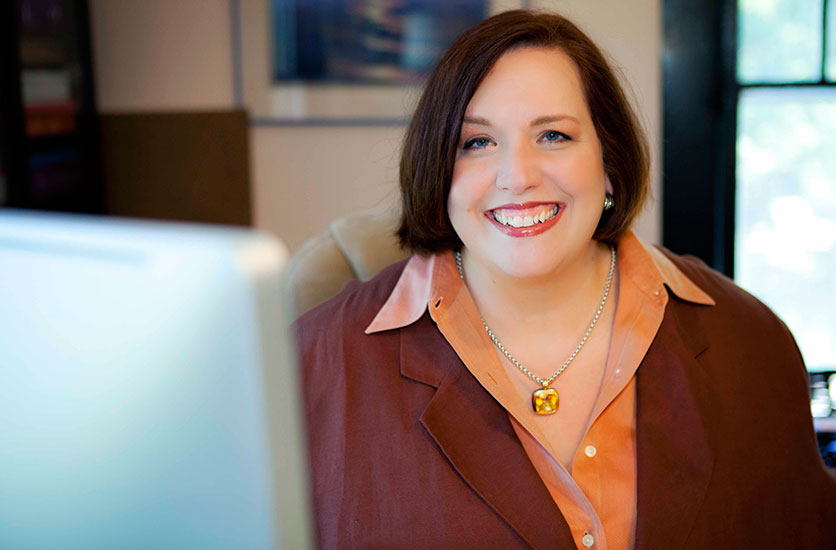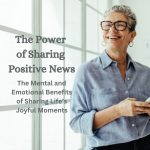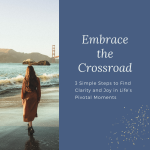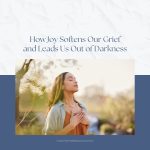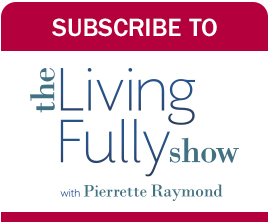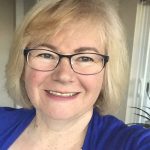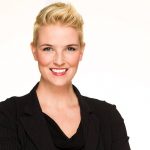Julie Fleming is more than a lawyer. She is the primary caregiver to her father who has Alzheimer’s and she is the leader in a community that she has built called The Purple Sherpa. She strives to be there for people who need help, guidance and support, and she is a strong advocate for others. She has had to move through a marriage that was verbally abusive and she has come to learn, and live, that living in the moment, and choosing joy is the way for her to find the true meaning of living fully.
Tell us a little about yourself
I live in Atlanta and travel to Wyoming as often as I can, because that’s where my spirit sings. I’m the only child of two only children, and my family is composed of my father, my dog Gracie, and 3 cats (all animals are rescues), plus an extensive family of dear friends. I’m now primary caregiver for my father, who was diagnosed with Alzheimer’s in 2011 and has been on hospice since December 2014. I’m the principal of the legal business development consultancy Fleming Strategic, and last year I launched the Alzheimer’s Caregiver Minute, which informs, supports, and advocates for those who care for family members with Alzheimer’s or other forms of dementia. When I’m not spending time with my father or working on my business ventures, I serve as Moderator of my church congregation, do yoga, transport dogs for rescue, work on completing my mother’s book Ring in the Women (about how U.S. women first got the vote in Wyoming in 1869) or do armchair traveling as I plan my next hikes in Wyoming or my “someday” cruise to see the Northern Lights in Norway.
Who inspires you in your life? Who do you look up to? And why?
Both of my parents are role models. My mother was the only woman in her medical school class when she entered in 1959, and from her and her pioneer ancestors I learned about grit and not bowing to other people’s unrealistically low expectations. My father is probably the kindest, most ethical person I’ve ever known, and I often ask myself what he would do when I’m faced with a difficult situation.
“Mama Minnie,” a woman from my church, inspires me with her deep grace and faith.
Finally, my dear friends Joanne and Matthew. Matthew has been fighting a brain tumor since June 2012. He and Joanne have both shown so much courage and persistence in seeking out aggressive treatment and shepherding their three young daughters through the journey of wellness to illness, through treatment, to hospice. I have learned much about how to live from the two of them.
What have been some of the biggest challenges you have had to overcome in your life? What did you do to move through them? What did you learn? What do you wish to share with others?
I very much wanted to be a lawyer as I was growing up (following my father’s footsteps!), but I did not do well in my first semester of law school. I wasn’t failing, but it was a distinctly lackluster performance. My mother gently encouraged me to consider quitting, but I dug in, figured out what I wasn’t doing well, learned to study smarter, and went on to be on the Dean’s List for 4 of my remaining 5 semesters and to graduate in the top 15% of my class. I learned not to give up on my dreams if my first efforts fall short. That lesson has reappeared over and over in my life, especially when I started my consulting business Fleming Strategic in 2006.
I married at age 35, absolutely certain that my husband and I could make it through anything. The day after the wedding, my husband began to verbally take me down a peg anytime he saw an opportunity. Unfortunately, despite my best efforts, his behavior only got worse over time. I didn’t see divorce as an option for me and stuck it out for almost six years (through four marriage counselors and two interim separations) and then filed for divorce. As painful as those years were, I learned how to let go of my expectations about my life and instead to choose the possibility of joy. I also learned not to place my self-worth in anyone else’s hands. Looking back, I probably should have filed for divorce before our first anniversary, but I’ve learned to forgive myself for staying until I was certain that I couldn’t. (And I will forever be grateful to the coach who taught me that indecision is a form of self-abuse and put me to the decision of whether to stay or go.)
Finally, through caring for my father since his 2011 Alzheimer’s diagnosis, I’ve learned how to get information and make decisions in my father’s best interest even when they’re opposed by the medical establishment or by my father himself. I’ve also learned about living in the moment, accepting today for what it is instead of mourning what’s been lost, and how to balance my dad’s need for extensive care against my own need for rest, for a career, and for relationships and activities that renew my spirit.
If I could tell others a single lesson that I’ve learned through these and other challenges I’ve experienced, it would be that life is beautiful and life is hard, and it’s often both of those at the exact same moment. Our job, as I see it, is to enhance the beautiful and support one another through the hard.
What are you most proud of?
I am most proud of keeping my father in his home, keeping him as safe and happy as he can be through his Alzheimer’s journey, finding ways to maintain the close connection we’ve always had as he’s lost his memory and his ability to speak, and finding ways to live my own life as well. It’s been hard (as every caregiver can attest!) and despite what I’ve had to give up to do this, I will never regret these years.
What do you want your older self to know?
I want my older self (and, honestly, my today-self!) to choose joy—without confusing joy with happiness in the moment.
Favourite quote
I have a ridiculously large number of favorite quotes. ☺ For now:
“All I can tell you is there is a moment where you finally stop & refuse to pretend this life is not yours & suddenly being strong looks a lot like laughing & crying & dancing & listening deeply to the people you love & now & then, you’ll look back at that old way & wonder how you ever believed that Life was something to endure.”
Brian Andreas, StoryPeople

